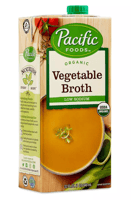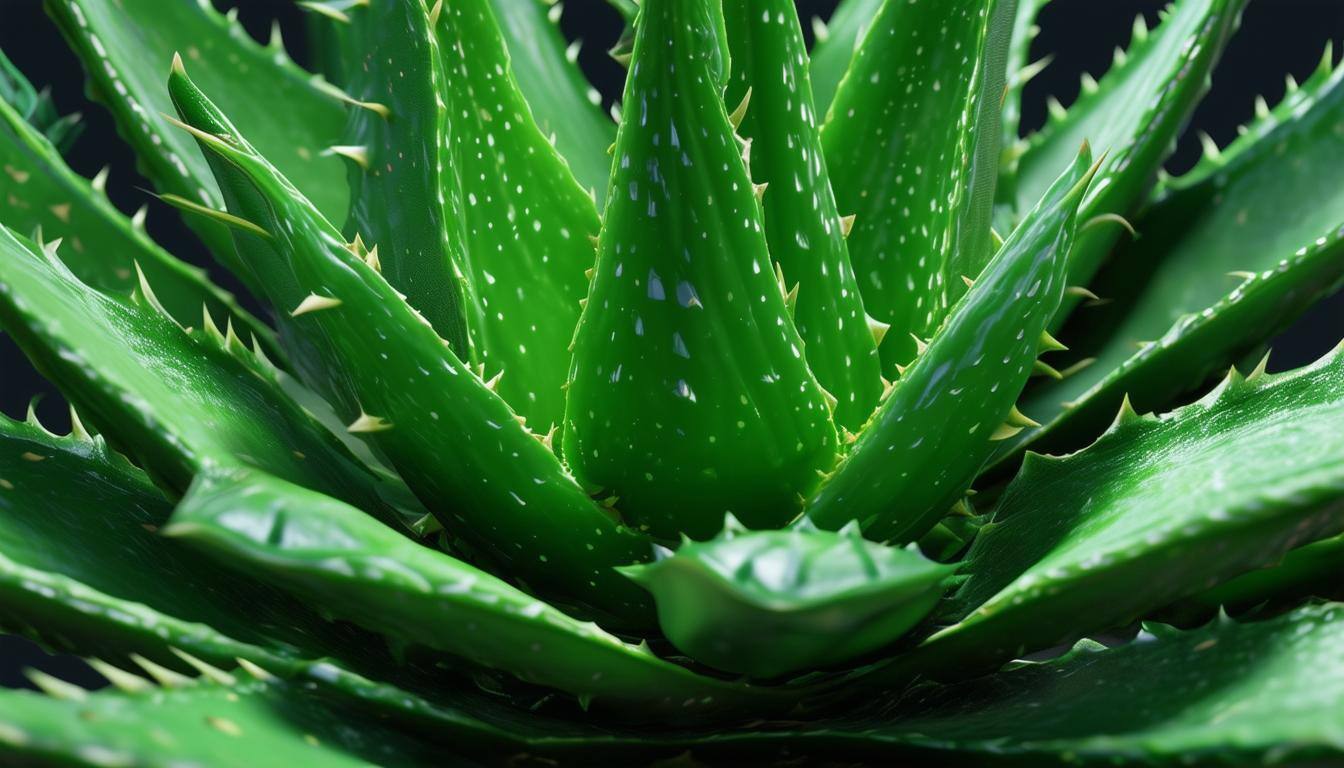Healing Stomach Problems with Aloe Vera
Have you ever used, or had someone recommend, the aloe vera plant for skin issues such as sunburn, rash, cuts, or dry scalp? Generations have used Aloe vera, often referred to as a "miracle plant," for its powerful healing benefits, but did you know that its benefits extend beyond healing the outside of your body? [1] Please continue reading to learn how ingesting this plant can also heal your insides.

Aloe Vera and Its Benefits
Aloe vera gel derived from the leaves of this peculiar-looking plant provides a variety of medicinal benefits. [2] Full of vitamins, minerals, enzymes, and amino acids, it actively promotes digestive health. These benefits help encourage gut healing by repairing the stomach lining and forming a protective layer in the gut, which helps protect against stomach ulcers. In addition, aloe's anti-inflammatory properties aid the healing process for those suffering from gastritis or acid reflux disease, as the aloe gel helps to calm the irritation in the esophagus and stomach lining.
Extracting this gel from the aloe leaf can be rather messy, and some prefer store-bought alternatives; however, using organic ingredients is key to unlocking the magical healing benefits of this plant, as the aloe found in stores typically contains preservatives or other added ingredients that may diminish the positive effects of natural aloe vera gel. Follow the instructions below for a simple yet highly beneficial aloe vera juice recipe.
Allergic Reactions and Precautions
While aloe vera is beneficial, it is important to take precautions. Some individuals may be allergic to aloe vera. We recommend conducting a patch test on your skin or starting with a small amount.
- Correct dosage: Taking more does not always mean it will lead to increased health benefits. Ingesting too much aloe may lead to acute digestive issues such as cramping or diarrhea due to aloe's laxative properties. You should start off drinking aloe once every three days, then increase your intake to every other day if you don't notice any adverse effects.
- Drug Interactions: Although a natural remedy, aloe can negatively interact with certain prescription medications[3] , primarily diuretics and laxatives. It is always a beneficial idea to consult with your medical provider before incorporating aloe or other natural remedies into your healthcare routine.
- Choosing quality ingredients: Whether you are buying the aloe leaf or growing and picking it yourself from your yard, it is essential to identify the healthiest leaf that is free from pesticides or any diseases caused by insects or other pests. If you choose to purchase the gel from a store, always opt for organic and preservative-free options.





















